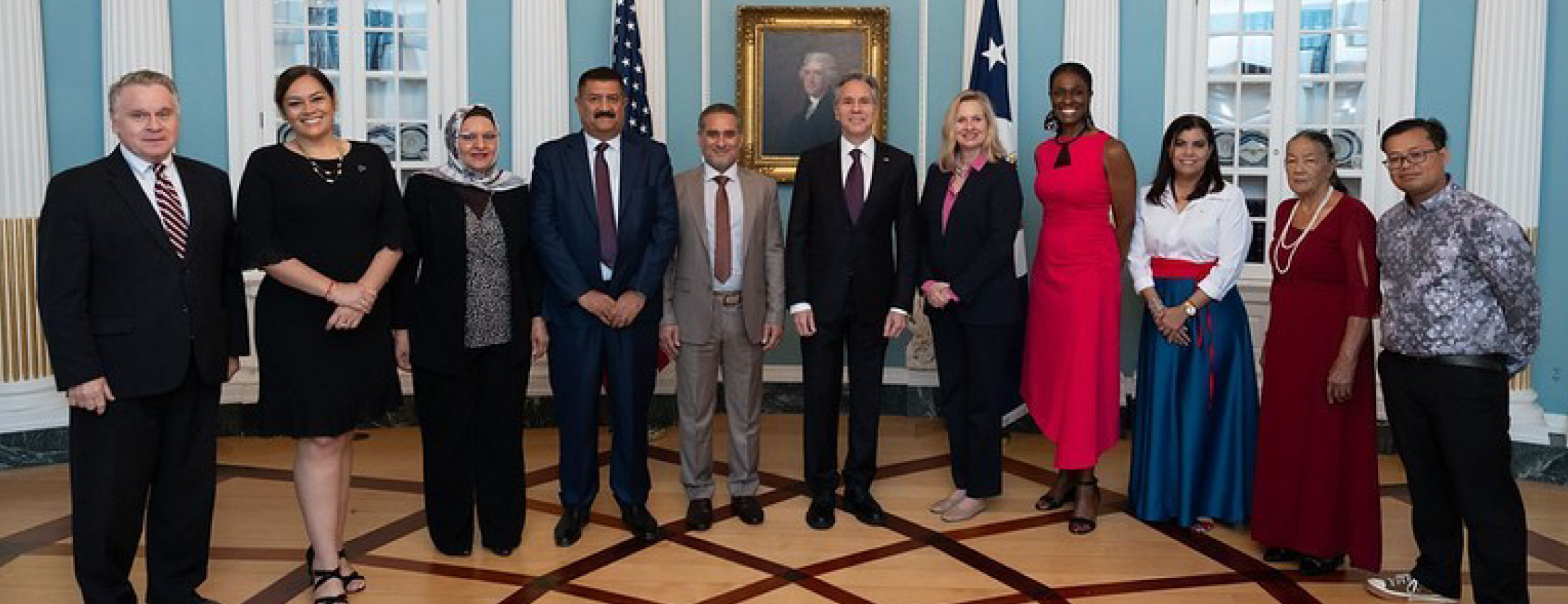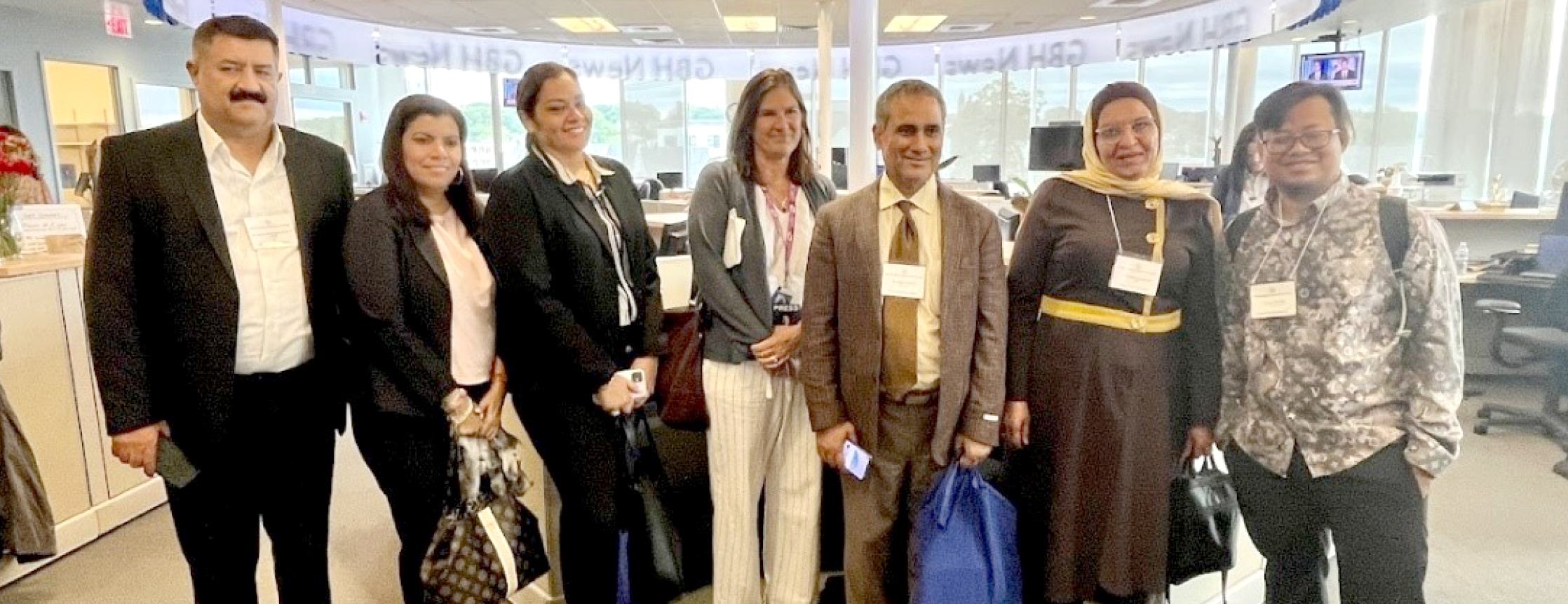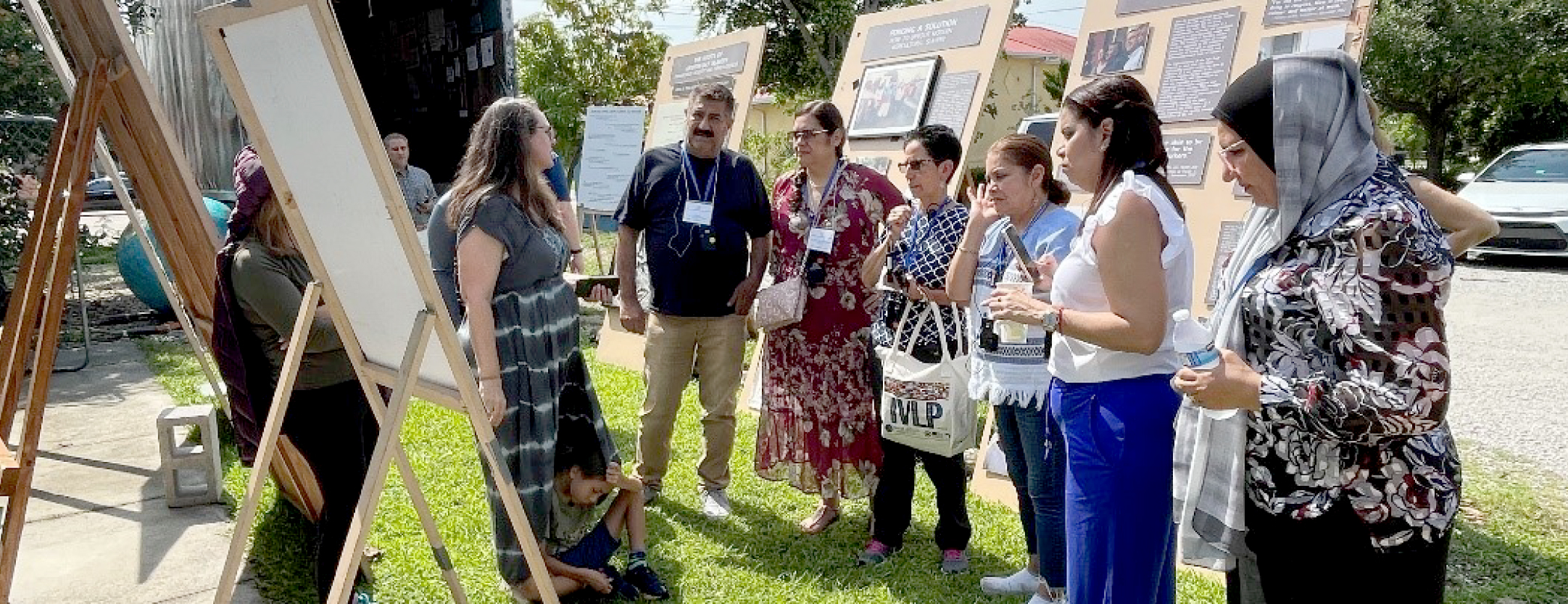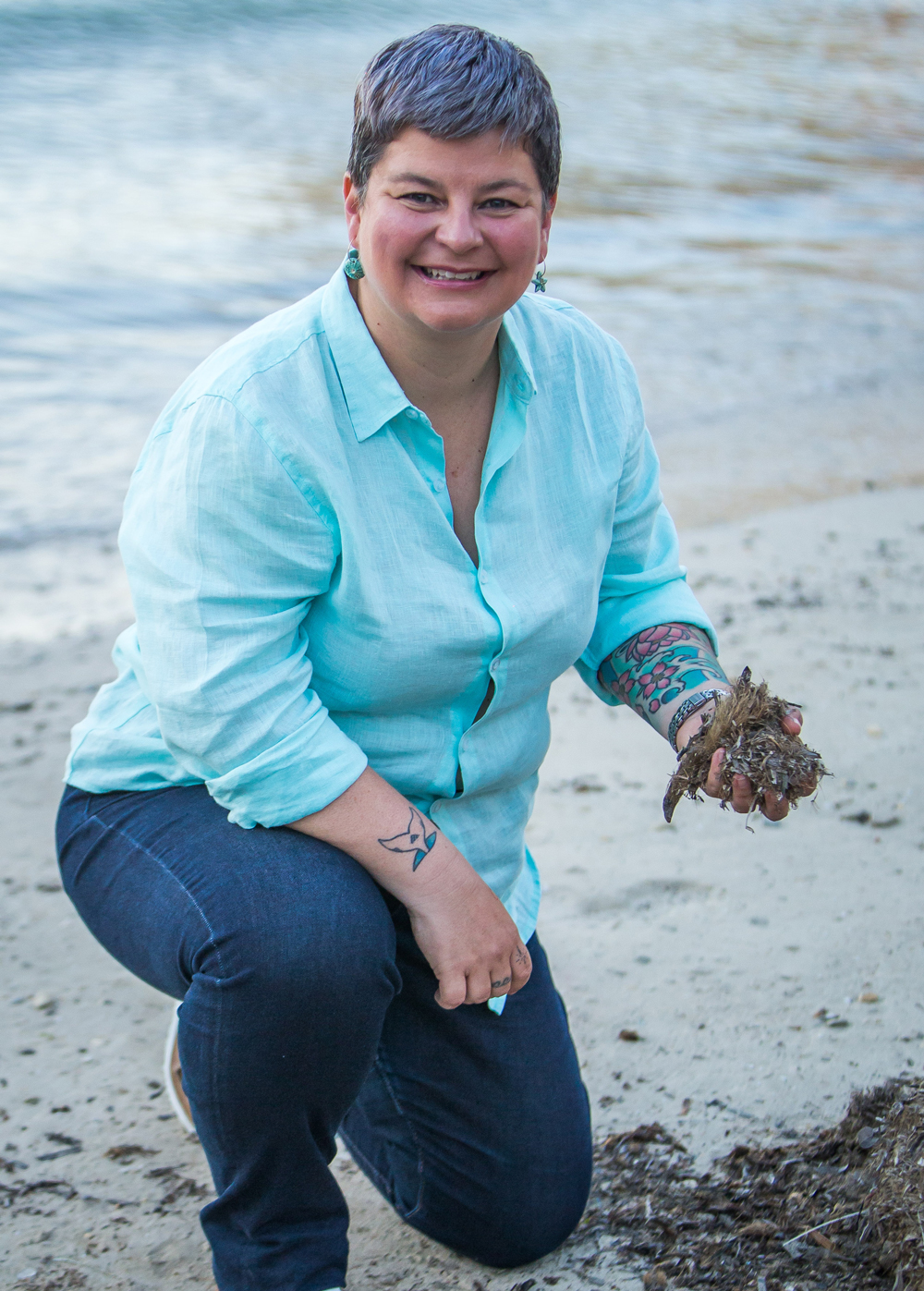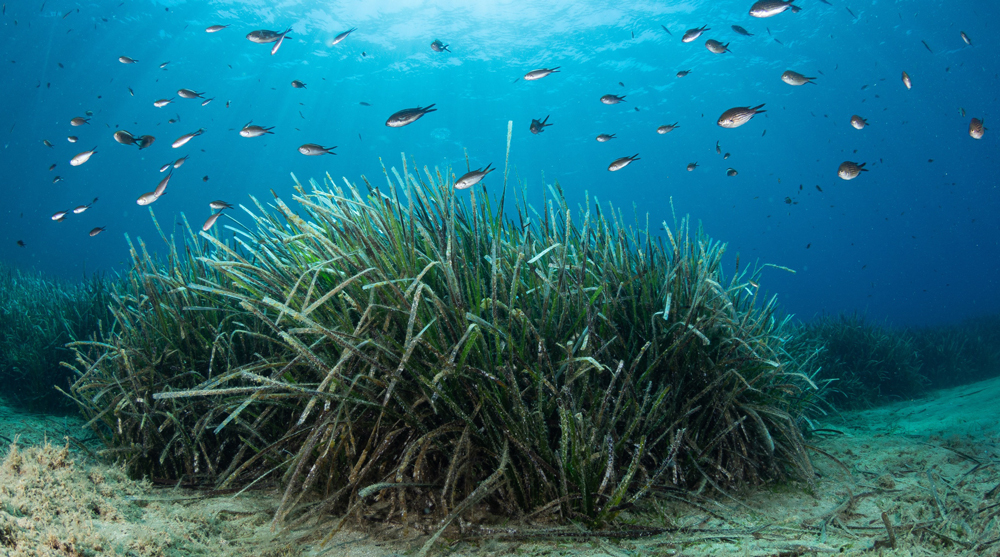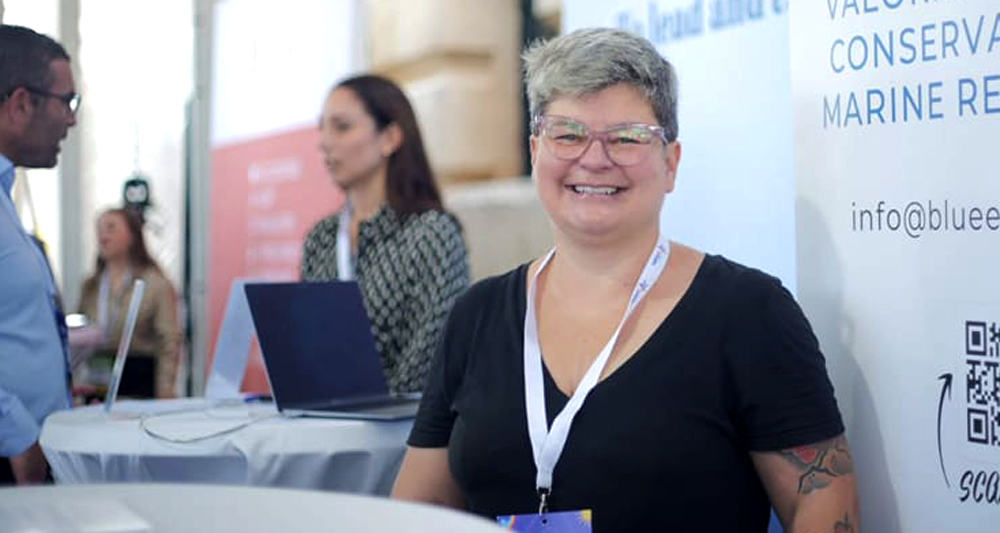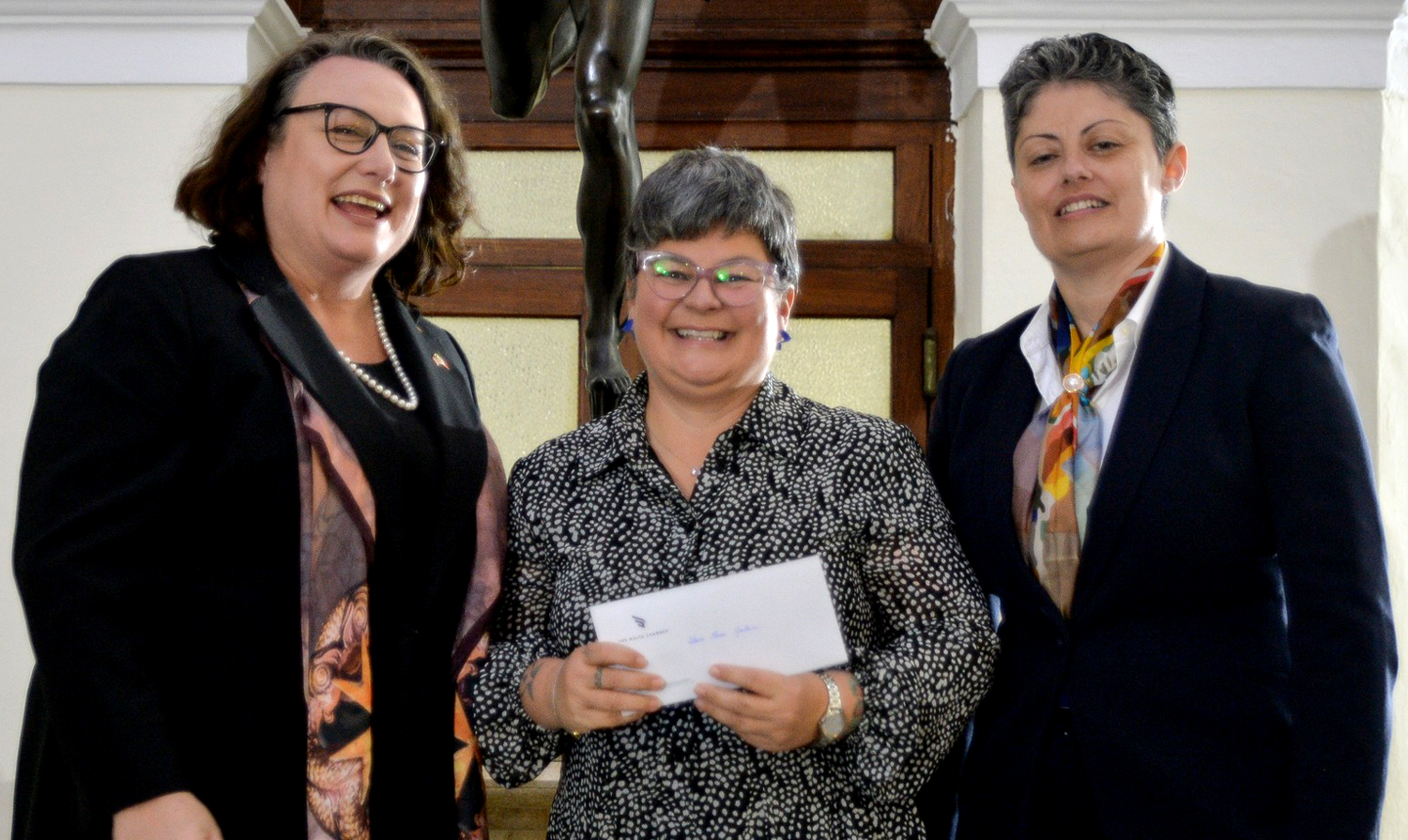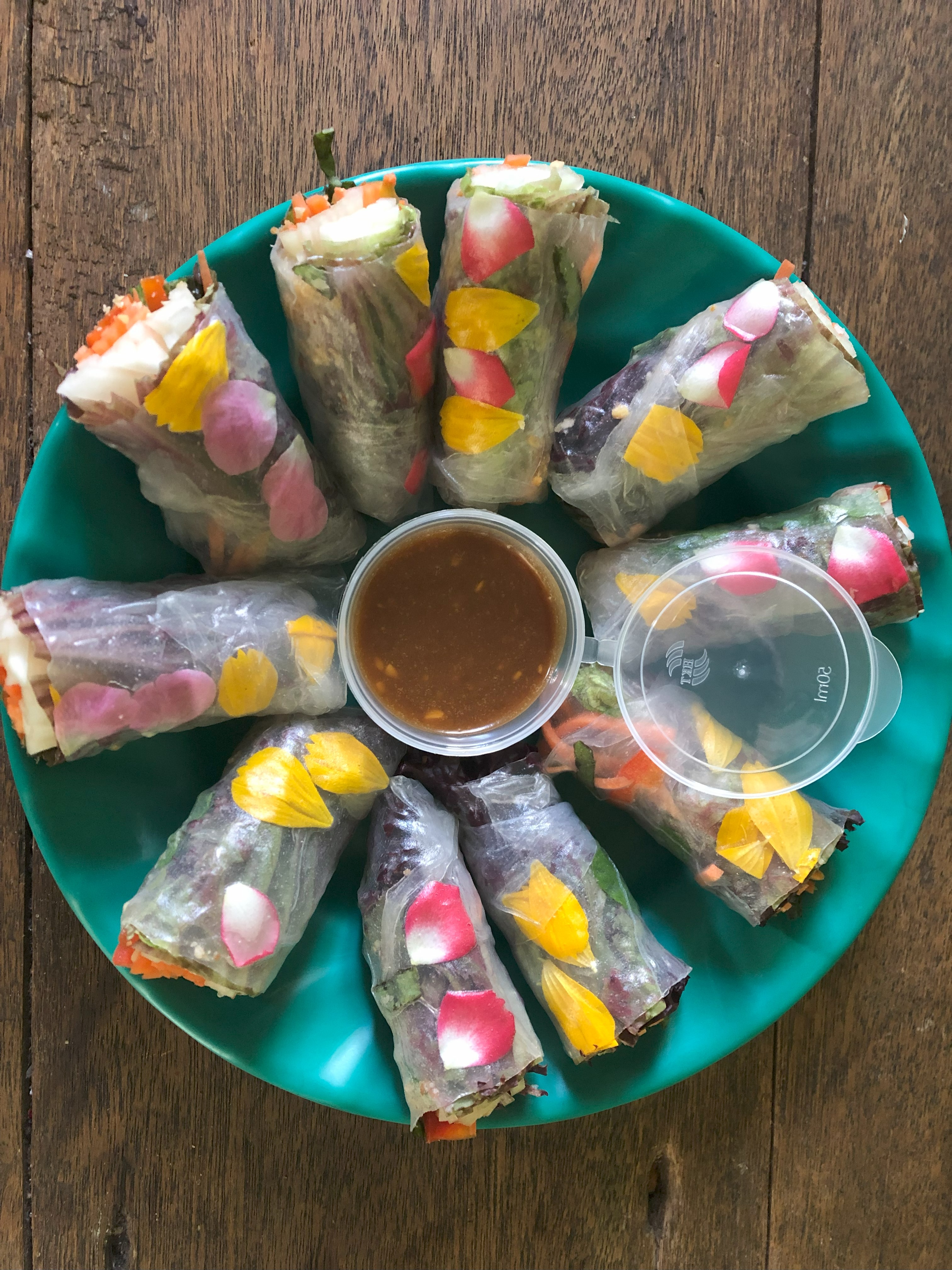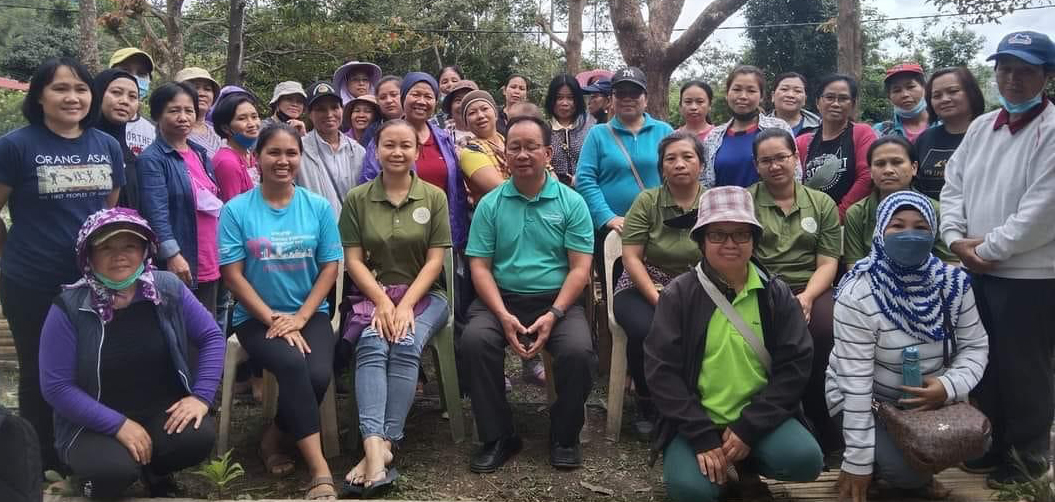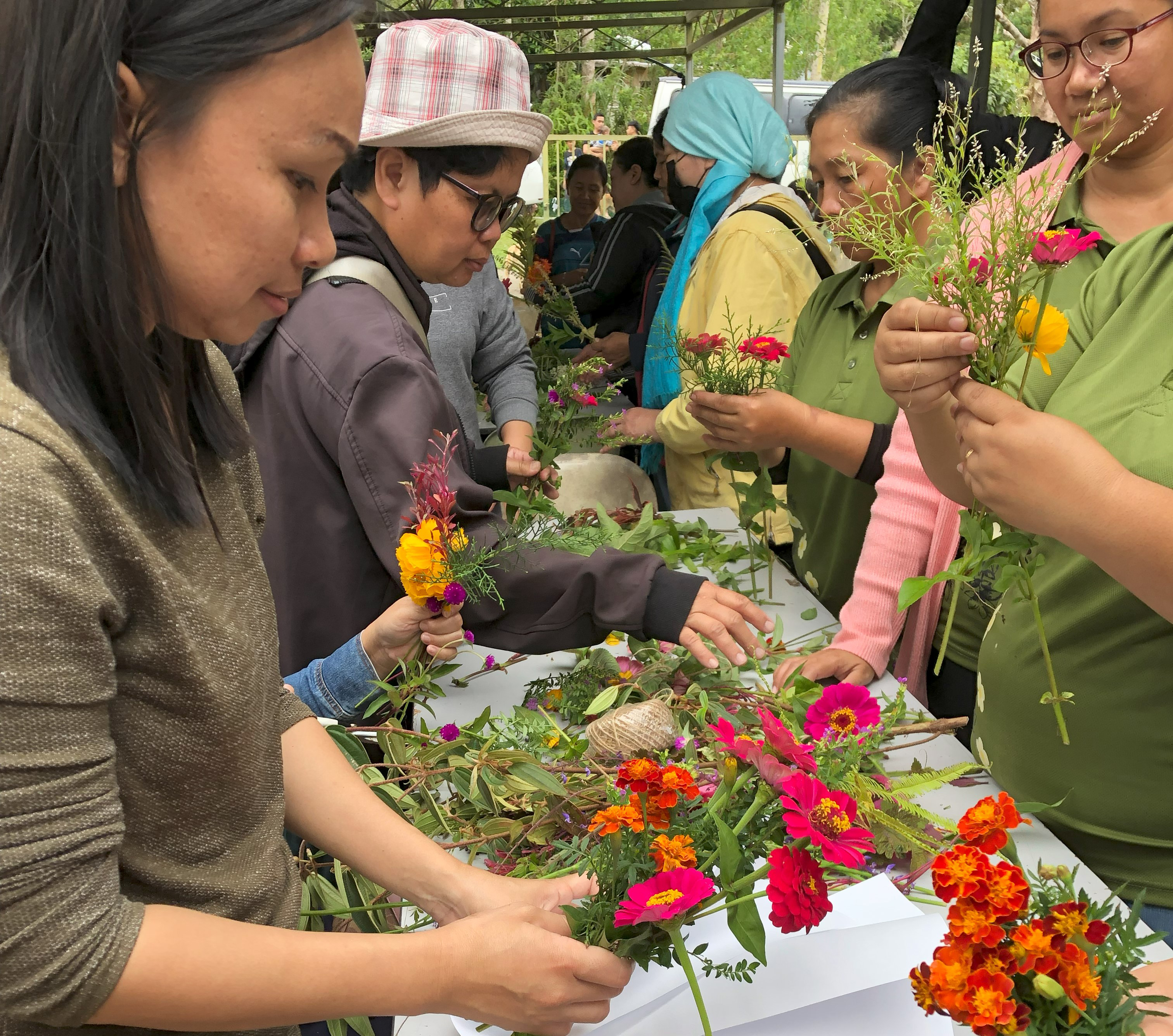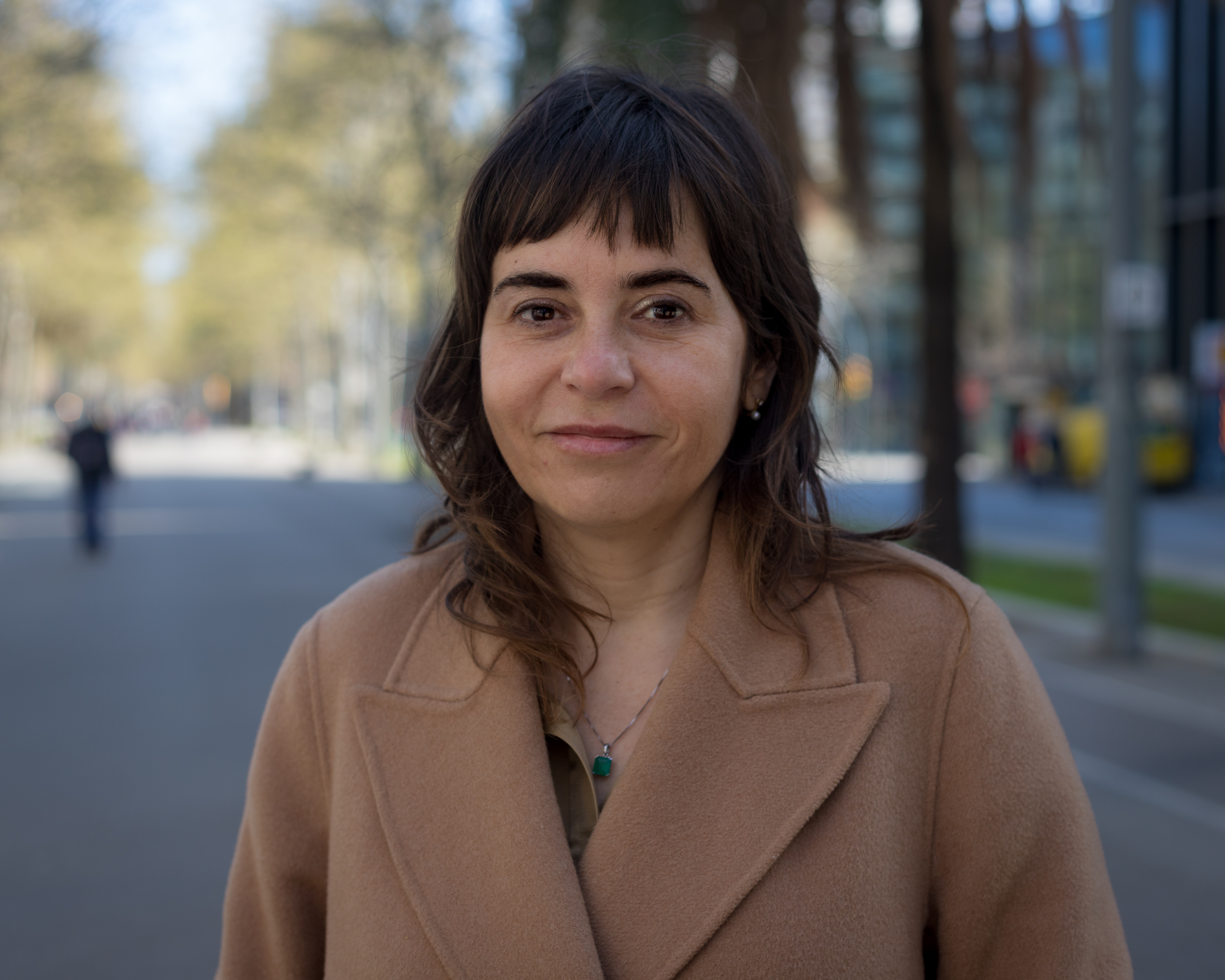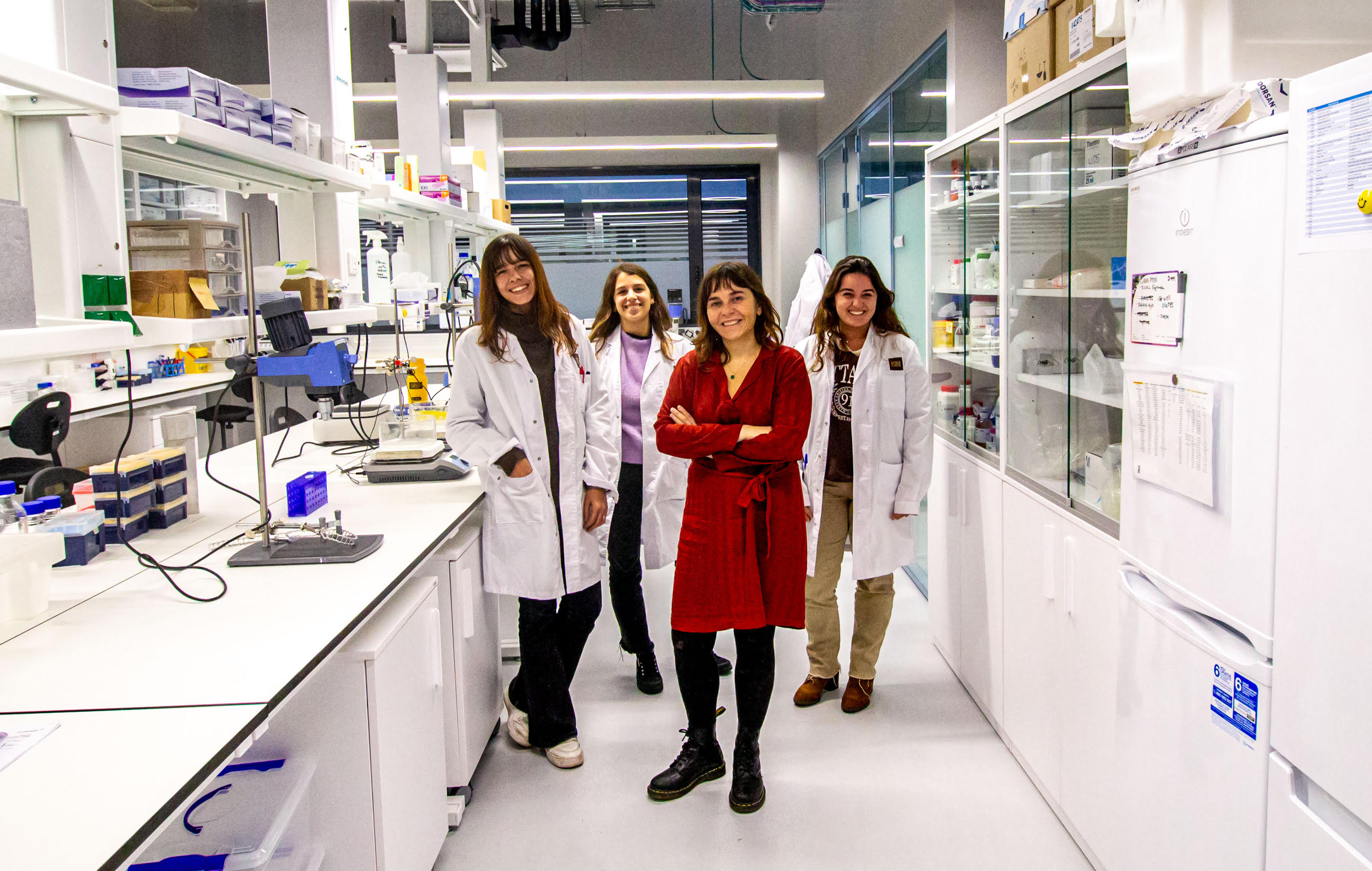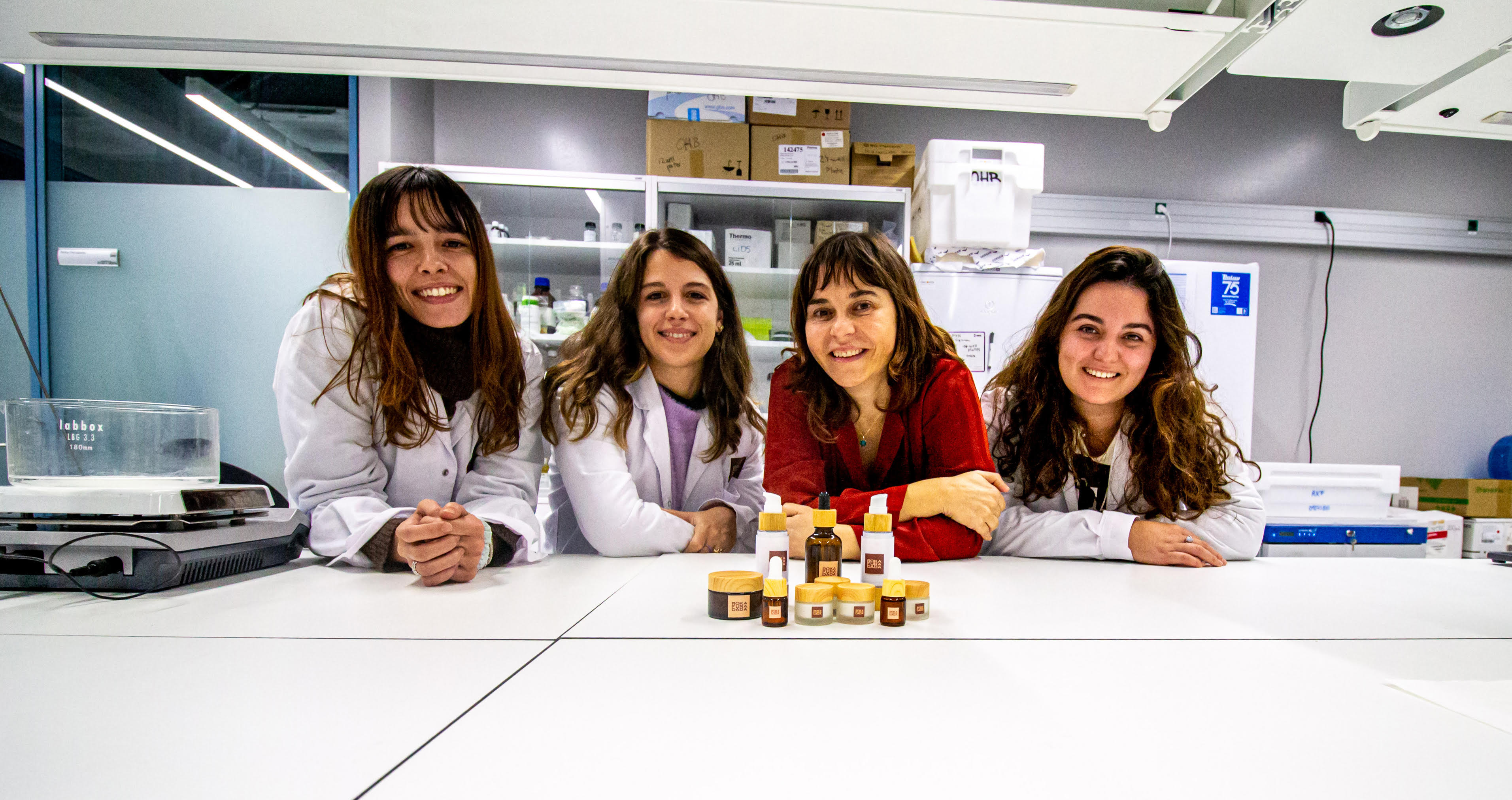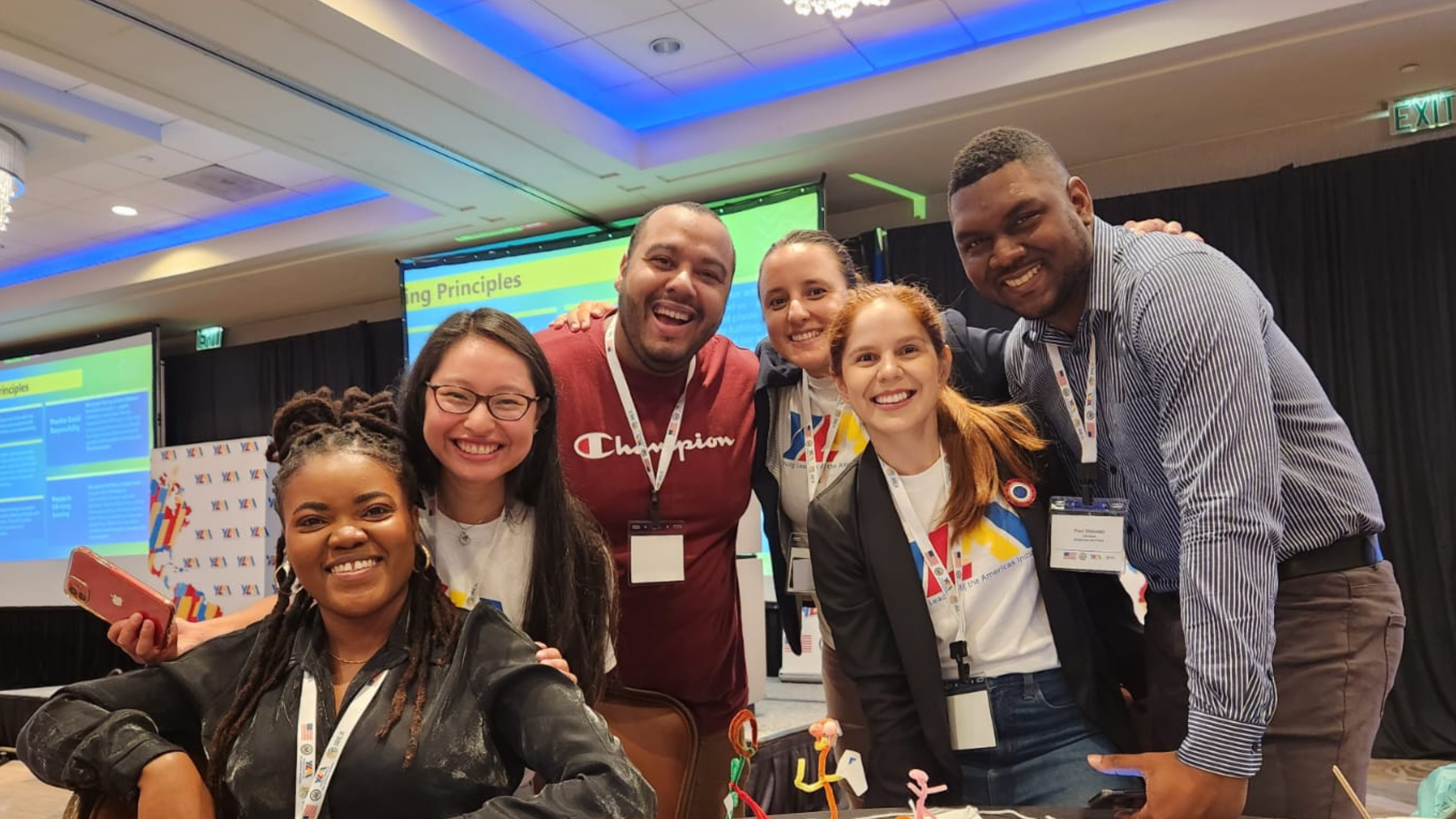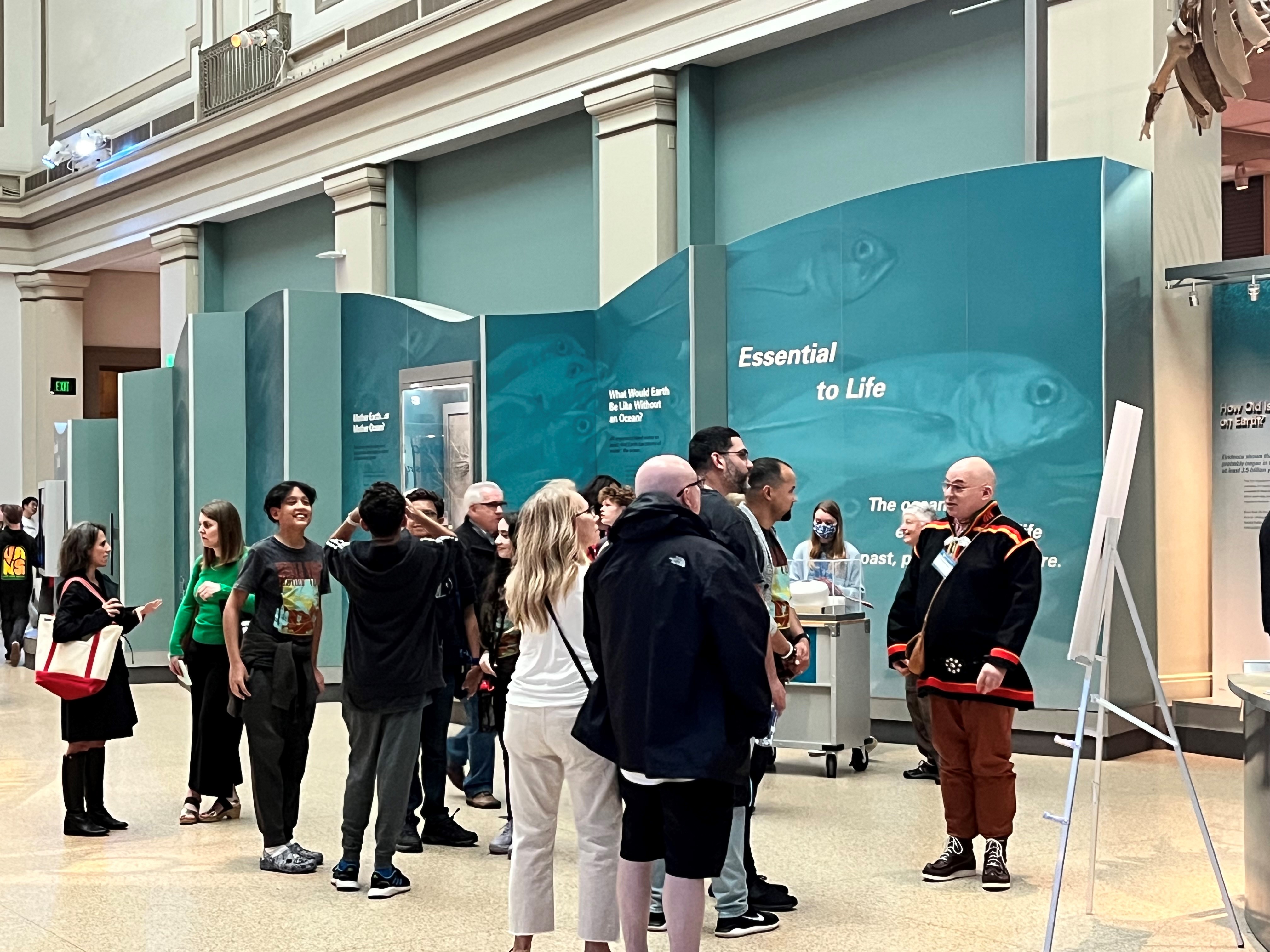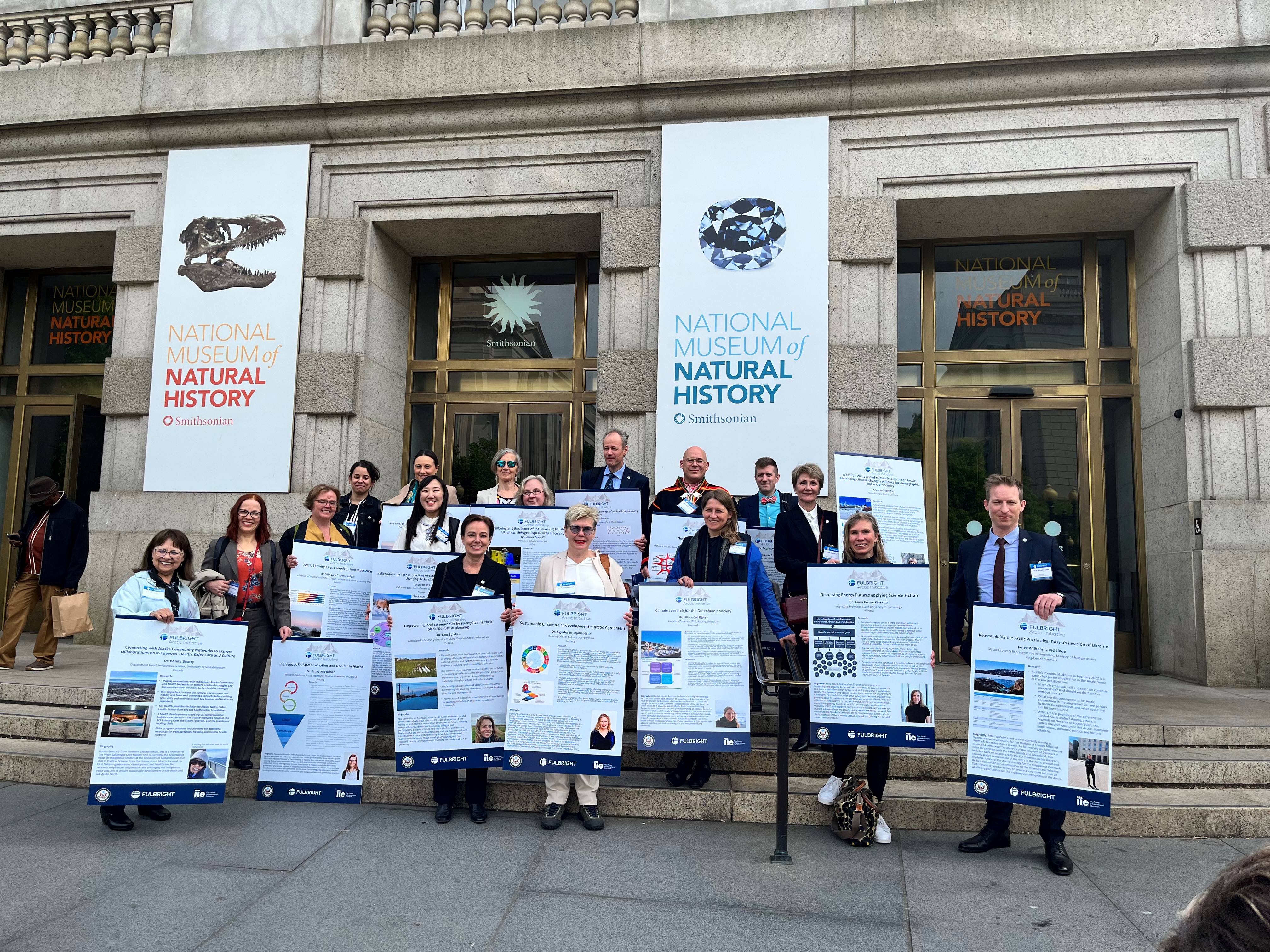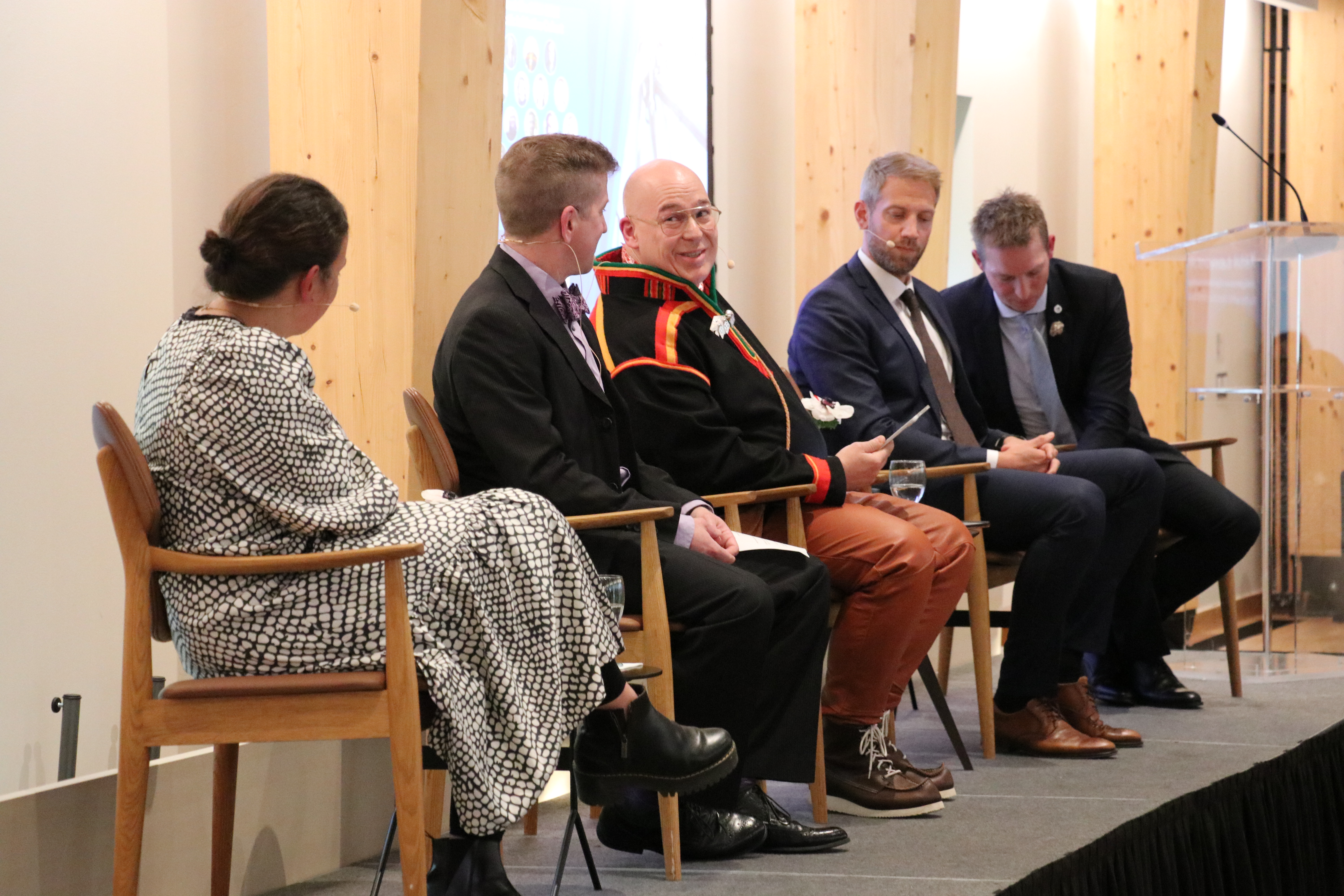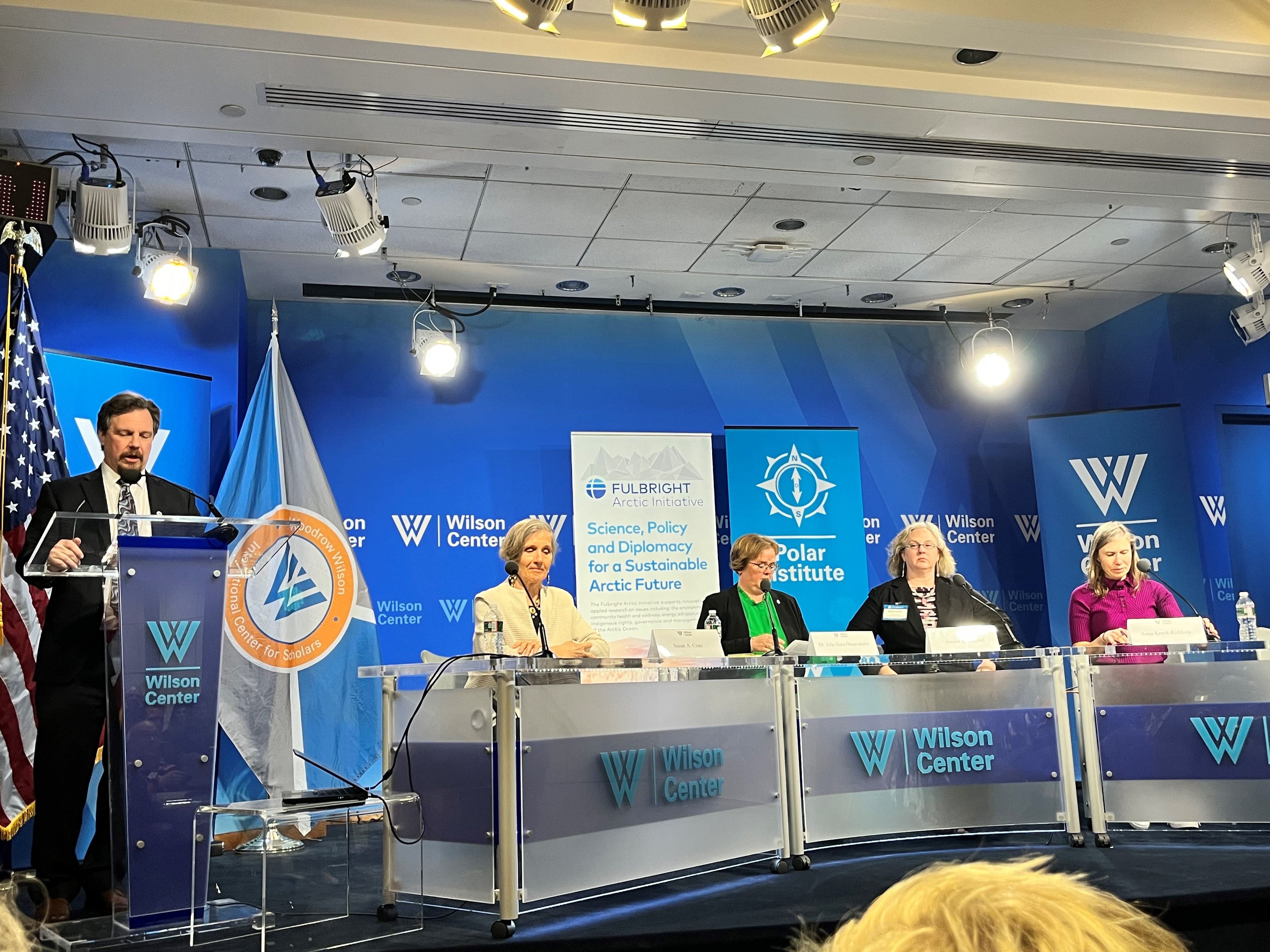Article by Naomi Hampton, intern with the U.S. Department of State, currently studying History and Politics of the Americas at University College London.
[Malaysia, April 2023] When Academy for Women Entrepreneurs (AWE) exchange alumni Irene Mositol from Malaysia won the Shell LiveWIRE Global Entrepreneurship Award, she shone a spotlight on the social impacts of organic farming on the remote island of Borneo.
In November 2022, Mositol was the grand winner for the Social Impact Category in the 2022 Shell LiveWIRE Top Ten Innovators Award, a global entrepreneurial competition which rewards entrepreneurs who demonstrate excellence in innovation. She beat out nearly 200 competitors from 17 countries to win, and credits AWE for helping her turn her farming hobby into a highly successful social enterprise called DumoWongi.
Through DumoWongi, Mositol is bringing socially responsible farming to women in her community on Borneo. By growing herbs and edible flowers without the use of chemicals, Mositol has tapped into a new and exciting market and is using it to do good.
Before 2018, Mositol did not know a lot about herbs. She said herbs are not part of traditional Malaysian cuisine, so she was largely introduced to them while attending the Shell LiveWIRE program on entrepreneurship and how to start your own business.
But Mositol said tourists in Malaysia wanted herbs to season their food. Realizing that there was a demand for herbs and spices in the restaurant and hotel industry but no local suppliers, Mositol started to explore the market. Encouraged by an executive from Shell working with the program, Mositol selected a couple of initial products, scaled-up her business model, and officially launched DumoWongi in 2019.
Without a background in growing culinary herbs, Mositol had to do extensive research into agricultural practices. Originally focusing on fresh herbs and herbed salts, like rosemary, thyme, and oregano, Mositol expanded the product range to include edible flowers after talking to customers and hearing what they needed.
During the pandemic, Mositol quit her day job working for an NGO and began to focus on her business full time. When pandemic restrictions prevented her from selling fresh products, Mositol began to experiment with preserving her plants in natural ways. One such way was drying them out with different salts and a food dehydrator to keep the product fresh but not lose its taste. This innovation allowed DumoWongi to stay afloat during the pandemic and expand the number of clients interested in its products.
One of the ways where DumoWongi’s edible flowers have been used in food, combining Malaysian and Western styles. Photo credit: Irene Mositol
When all of the restrictions were lifted, DumoWongi was able to serve between 23 and 25 local restaurants and hotels and to sell fresh herbs at one Malaysian supermarket. With two full-time and six part-time employees, Mositol said she has become ecstatic at the progress she made so far and is excited about the possibilities in the future.
“We currently have eight dried products, six community greenhouses, and one show farm,” says Mositol, “And I cannot wait to keep expanding.”
Mositol joined the AWE program in 2020 after hearing about it from her mentor. Mositol said the program’s modules — which are accessible through the DreamBuilder platform developed by Arizona State’s Thunderbird School of Global Management and Freeport-McMoRan Foundation — focused on how to create a focused business plan, which helped her make the biggest impact possible and grow her business. The AWE program allowed her to take out a micro loan, which she used to conduct her research during the pandemic.
“The big lesson and what I got from the [AWE] program is to focus,” Mositol said. “I didn’t really have a business model, I just wanted to run the business … But the step by step program helped me to plan my business and taught me about the marketing and financial aspects that make a company successful.”
Mositol, who also recently became a mother, said there were several logistical challenges that she had to work through to participate in the AWE program. For instance, Mositol comes from the rural community of Kampung Bundu Tuhan which does not have a strong internet infrastructure. Mositol said she would often have to complete modules at 3 a.m. to have the best wifi signal, while also drumming up enough energy to run her business and take care of her newborn daughter - a tremendous show of strength and resilience.
“At first I was really struggling with balancing the situation, but my family was really supportive so I survived,” Mositol said.
One vital aspect of DumoWongi’s success as a socially responsible business has been the training programs Mositol holds for women in her rural community.
Mositol wanted to help local women gain financial independence. At the same time, she wanted to teach them about natural farming to prevent further environmental damage on the island through the use of pesticides and chemical fertilizers. So Mositol began her outreach program, teaching women how to grow herbs and edible flowers alongside the other agricultural products they cultivate in their gardens at home.
With DumoWongi promising to purchase all the viable products to sell, the women who participate are guaranteed a buyer for their herbs. So far 45 women have completed the program, with another 30 signed up to start the next round.
“It’s not easy because [the women] normally use chemicals in their planting techniques, especially to control the weeds,” Mositol said. “So we teach them about dew monitoring and really encourage them to trust the alternative methods … For some it can take six months to trust this change, but now we have 43 of them sending their produce every week.”
Looking to the future, Mositol has big dreams. Currently, DumoWongi is working towards creating subscription boxes to sell to individuals as well as companies. With the $20,000 prize she won from the Shell Global Entrepreneurship Award and $100,000 Grant from Yayasan Hasanah (a foundation of Khazanah Nasional), Mositol is about to open a new showroom for her herbs and flowers. She hopes to use the space to enter the agro-tourism sector and introduce natural farming to more people. She also wants to duplicate her business model in more villages around Borneo.
Mositol, who is part of the Malaysian Dusun tribe, said she thinks it is vital that more indigenous women have access to these financial opportunities. Though growing these herbs in the Malaysian climate can be difficult, especially near mountainous regions, she said she hopes what she has learned will encourage government and individual support for natural farming.
“I'm so happy seeing our business keep growing and all this because I have a very good support system from my family, team, community, mentor and friends,” said Mositol.
The Academy for Women Entrepreneurs, a U.S. Department of State program, gives thousands of women like Mositol the knowledge, networks and access they need to launch and expand successful businesses. Since 2019, AWE has advanced her business skills through the online learning platform DreamBuilder, which was developed by Arizona State University’s Thunderbird School of Global Management and Freeport-McMoRon Foundation. AWE is helping to empower more than 25,000 women entrepreneurs in 100 countries to follow their entrepreneurial dreams. Implemented in Malaysia since 2020, AWE has helped nearly 200 women grow their businesses and reach their full economic potential.
For more information about AWE, visit: https://eca.state.gov/awe


